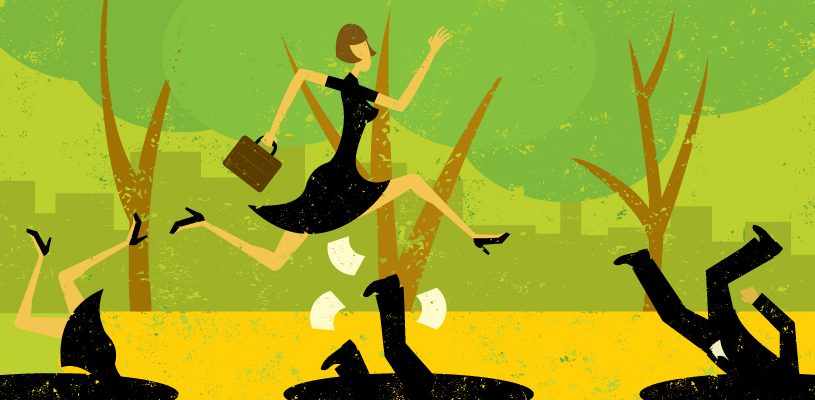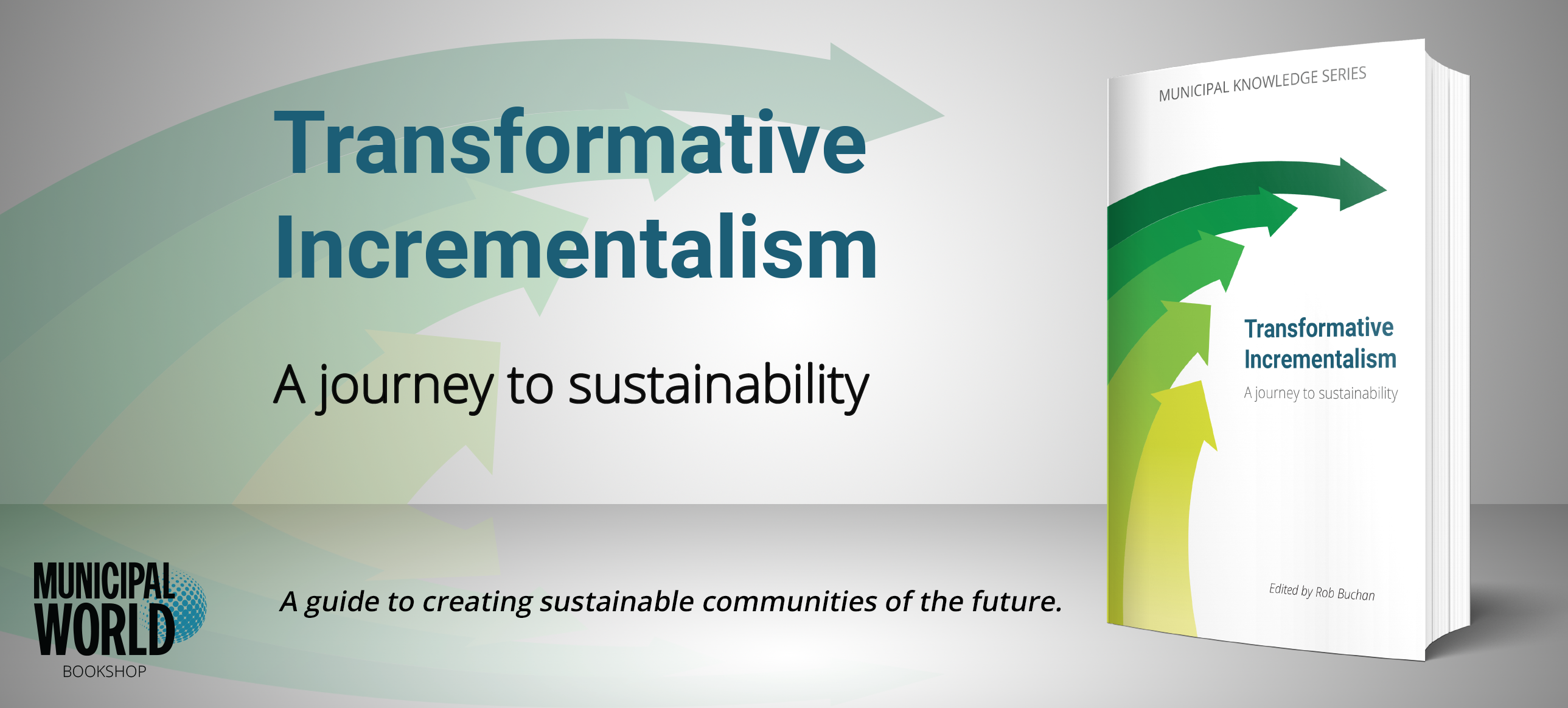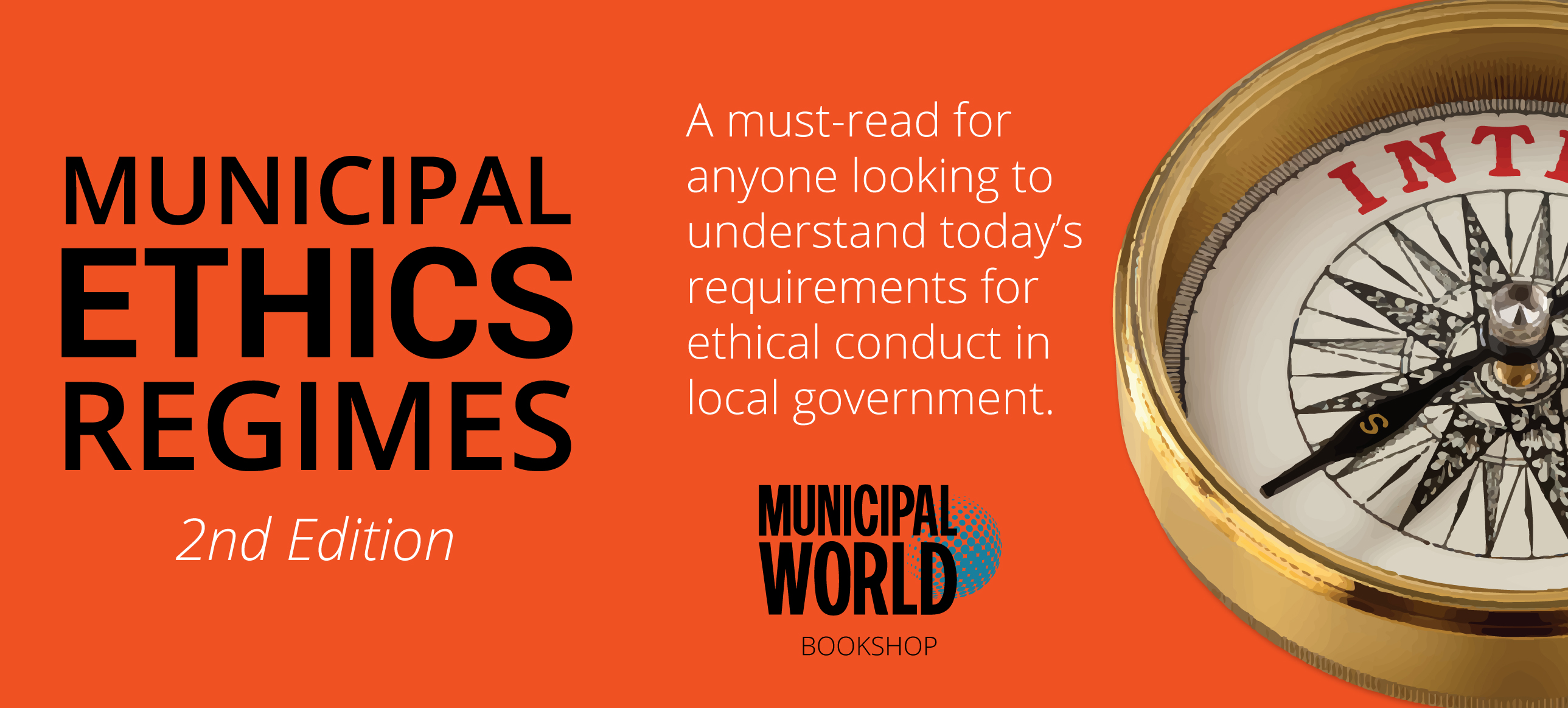Pitfalls of political life - and how to avoid them

There is a rule of thumb for comedians: “Get off the stage while they are still laughing.” For politicians, maybe it should be “Get off the stage while you are still laughing!” After almost 12 years in local government, two terms on council, and two terms as mayor, I chose to retire while I still loved what I did. My gut instinct led me into this and then told me when it was time to move on. I learned a thing or two over this tenure, not only about governance, but also about myself. How one leads their life in the small moments is how one will lead them in the big ones. How you really are in your private life is how you show up in your public life. The two are inseparably intertwined. The following list of pitfalls that befell me may, at first, appear to be solely personal. However, these can have a profound effect on your leadership skills and integrity as an elected official. I share them not because I avoided them myself; I knew the truth, and I often failed to heed it. What follow are lessons I learned the hard way. Whether you’re just beginning your political career or renewing your commitment, perhaps this will help you consciously avoid some of the pitfalls that I found myself slipping into.
Lack of Sleep
My life became full of late meetings and early mornings that came too soon. During the night, my mind would rehash events, speeches, and conversations, wondering if there was something I left unsaid or I articulated poorly. It left me exhausted and bleary-eyed.
Rest is critical. A lack of sleep is linked to depression, Type 2 diabetes, obesity, and cardiovascular disease. Sleep protects the brain and helps processes information. It allows not only your body, but also your mind, to recover. Often times, a good night’s sleep can lead to solutions to problems that have been eluding you.
Lack of Exercise
A lack of sleep and a busy travelling schedule made it easy to talk myself out of exercise. Not only did I exercise less, I did substantially more sitting. I was either in a meeting, preparing for a meeting, driving to a meeting, or recovering from a meeting. All of these involved some form of repose (including the latter, which involved collapsing in a heap somewhere). I was physically exhausted at the end of the day after having done nothing physical. If sitting was considered the new smoking, I was smoking.
Physical exercise cannot be neglected. It is like fertilizer for your brain and, in a world where your brain is the most important piece of equipment you have, size really does matter. Exercise helps with focus and cognition. Current research demonstrates that intelligence is positively correlated with fitness levels. As an elected official, you need all the smarts you can get! Since it is easier to stay in shape than it is to get into shape, make some time to be physically active. No excuses. You have the same 24 hours that everyone else does. Getting fit is hard work; but, when it comes to exercise, there are only two uncomfortable realities: the pain of discipline or the pain of regret. Come to terms with that right away.
Poor Eating
Part of the ceremonial role of an elected official involves community events, conferences, and social gatherings. Where there are people, there is food; I mean delicious food. We are not talking leafy greens, healthy fats, and lean protein. We are talking coffee, sauce-laden meats, gooey white buns, and endless sweets. The amygdala, a part of the brain that processes new information and is constantly scanning for danger, burns up a ton of sugar. That is the reason you can feel famished after sitting in a stressful meeting while doing nothing physically. We kept snacks in council chamber so people wouldn’t “hit the wall.” (I got into the habit of mixing salty corn chips and M&M’s to mindlessly shove into my mouth.)
Nutrition has an important impact on every aspect of your life, including cognitive ability. Food can be either medicine or poison. The Canadian Cancer Society recently released a statement saying that people can significantly reduce their chances of developing cancer by eating more vegetables, fruit, and fibre; having daily exercise; keeping a healthy body weight; drinking less alcohol; and not smoking.
Now, let’s talk about alcohol for a moment – a topic that often makes people uncomfortable. Most people are drinking too much and rationalizing it. It is tempting to numb the anxiety of a long meeting or to socialize with your peers after council or at conferences. There is absolutely nothing wrong with these activities; however, little good comes from drinking too much. It is toxic to brain function and can disturb the little sleep you’re already getting. Pay attention to how much you are drinking and why.
High Stress
I often felt like I was being chased by an invisible monster. The ever-growing work load is endless! It is not possible to get everything done. To compound that, there is little job satisfaction in terms of tangible reward. Any project undertaken by the machine that is local government will be a slow and arduous process. Furthermore, if you are realistic with yourself, it is hard to take too much credit for successes. As a policy maker, it is the people around you that do the work and they deserve much of the acknowledgment. For your own sanity, periodically go cook a nice meal, paint a room, or build a fence. Do an activity you can be proud of that has a beginning and an end. It will give you that little shot of tangible satisfaction and help you continue to work hard in the less tangible world of policy.
Connections and Disconnections
The longer I was in politics, the more my relationships centred on those who were connected to me through politics. My conversations revolved around local government and political issues. My kids, my husband, and my non-political friends received less and less of my time and attention. My phone was always on and emails dominated my life. As mayor of a small town, I could not go anywhere without someone stopping to talk with, to, or at me. My kids refused to go out in public with me anymore. Political life will take over every part of your life if you let it. However, to quote George Cuff, “You are only one day away from Your Worship to Your Wash Up.” It is critical not to shun your pre-election relationships. Those are the people that loved you before your title and will love you after. This leads me to the final danger zone.
Egocentricity
I decided to save this delicate and awkward subject for last. Very few politicians want to venture into a conversation about the impact of ego in politics. Your life is no longer your own. There is a temptation to become vulnerable to what people think and say about you. In my experience, many people loved and admired me for who I was not, and many people also disliked me for who I was not. That being said, no one could have prepared me for the “celebrity” status of becoming the mayor.
Although the general public loves to hate politicians, they nonetheless elect leaders and put them upon a pedestal. They treat them differently; they treat them as if they really are important and special. As a result, elected officials begin to think they are important and special. When I would tell people that I was the mayor, they would act impressed. They wanted to listen to what I had to say. Then, as a two-term mayor, I received even more recognition and respect because I wasn’t considered a flash-in-the-pan. I could tell you numerous stories of people’s instant behavioural changes as a result of discovering I was the mayor. Not only is this ridiculous, this is wrong. Your role does not designate your value as a person. This is a huge problem in the political field. I have had friends that have either lost an election or chose not to run again. Many of them describe the feeling of being an old dish rag, used up and tossed aside. I recognize that this applies to a number of professions. The danger in political life is that it can lead to a real misuse of power, as well as post-political crash and burn. Hold the title loosely because it is yours, but only for a point in time. It does not define you.
Concluding Thoughts
To be clear, I immensely enjoyed my career in politics. I often wrote publicly of issues and experiences during this time with great optimism and deep satisfaction. At the close of my term, I felt it necessary to also reveal the darker side of that political immersion and share with you this warning that, to maintain the former, you must effectively deal with the latter.
You have been elected because people see you as a leader, a role model, and a decision maker. Remember, you will make mistakes. There is nothing like public service to keep you humble. That being said, local government is one of the most rewarding experiences ever. If you truly want to be a leader, then always, always, always lead your own life first. MW
as published in Municipal World, April 2015
Christina Benty is the former Mayor of Golden, B.C. with over 11 years’ experience as an elected official. She is currently enrolled at Royal Roads University in a Master’s of Leadership Program. Christina is a dynamic speaker and presenter.
Related resource materials:



